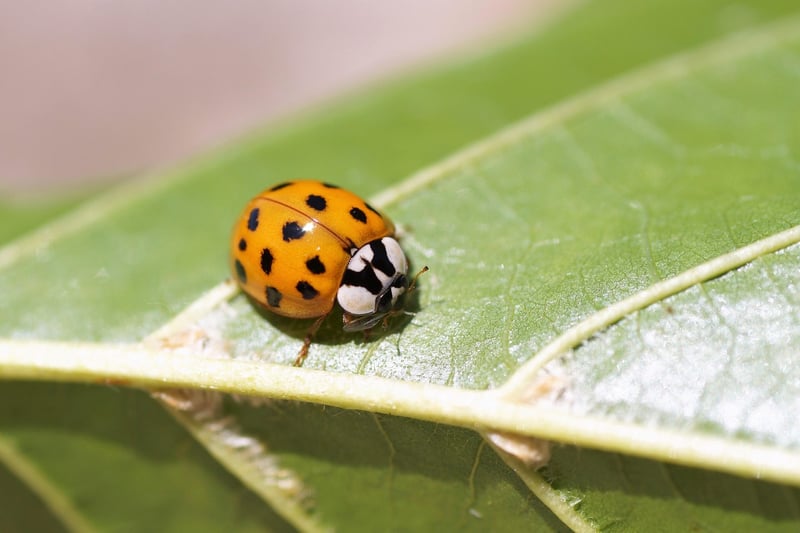Beneficial Insects
Managing Garden Pests and Beneficial Insects
Gardening can be a rewarding and enjoyable activity, but dealing with garden pests can sometimes be a challenge. However, not all insects in your garden are harmful; some can actually benefit your plants by acting as natural predators to pests. Here's a guide to managing garden pests while promoting beneficial insects.
Identifying Common Garden Pests
Before taking any pest control measures, it's essential to identify the common garden pests that may be affecting your plants. Some common garden pests include aphids, caterpillars, slugs, snails, and spider mites. Recognizing these pests will help you choose the right approach to manage them effectively.
Natural Pest Control Methods
Instead of resorting to chemical pesticides that can harm beneficial insects and the environment, consider using natural pest control methods. Some effective methods include:
- Handpicking pests off plants
- Encouraging natural predators like ladybugs and lacewings
- Using insecticidal soaps or neem oil
- Practicing crop rotation to reduce pest populations
Promoting Beneficial Insects
Beneficial insects play a crucial role in maintaining a healthy garden ecosystem. By attracting and supporting beneficial insects, you can naturally control pest populations. Some beneficial insects to welcome into your garden include:
- Ladybugs
- Praying mantises
- Lacewings
- Hoverflies
- Parasitic wasps
Creating a Pollinator-Friendly Garden
In addition to pest control, it's essential to create a garden environment that supports pollinators like bees and butterflies. Planting a variety of flowering plants, avoiding chemical pesticides, and providing water sources can help attract pollinators to your garden.
Conclusion
By implementing natural pest control methods and promoting beneficial insects in your garden, you can effectively manage garden pests while maintaining a healthy ecosystem. Remember that a diverse and balanced garden is key to reducing pest problems and enjoying a thriving garden.


